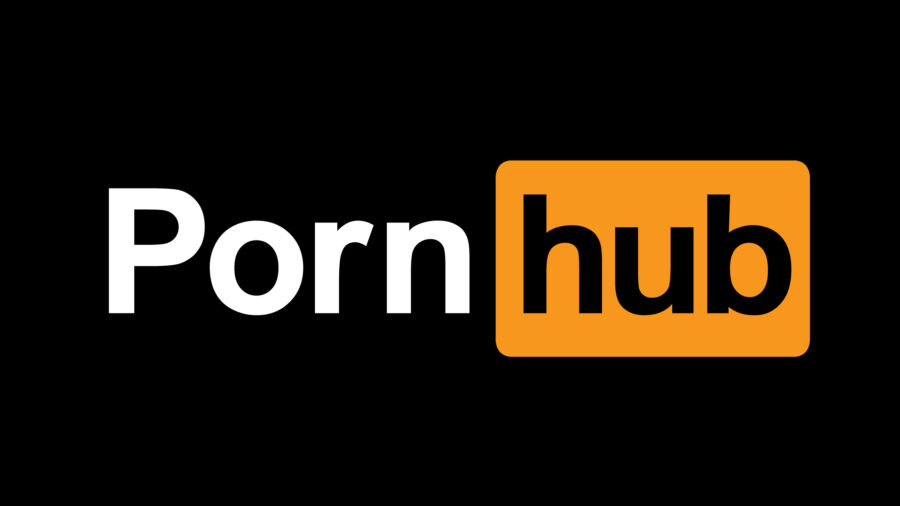New Law To Make Internet Porn Illegal
Mike Lee has introduced a new bill that would outlaw the sale of internet porn or "obscene materials."

If you hear more and more voters asking “what are you doing, senator” to Utah State Senator Mike Lee, it’s not because they are stuck under a couch like some of your favorite online stars. Instead, those voters are likely concerned about the new anti-obscenity bill that Lee has introduced despite growing mainstream acceptance of pornography. The Interstate Obscenity Definition Act (or IODA) bill has one main purpose: to make internet porn illegal!
Mike Lee’s bill has several different goals. The first is to provide a working national definition of obscenity (presumably so defining internet porn can go beyond the old “I know it when I see it” smell test). Moreover, the bill seeks to make it illegal to transport these obscene materials across state lines.
Back in the day, this would have involved things like the transportation of pornographic magazines, tapes, and other materials. However, in this digital age, the vast majority of porn is internet porn. And the wording of this bill would effectively make it illegal to distribute obscene materials via online videos, effectively killing the online porn industry in its entirety.

As you can tell, this bill hinges on being able to first define internet porn and other things that make Mike Lee uncomfortable as “obscene.” Right now, something considered legally obscene has to fail the Miller test established by the Supreme Court in the 1957 Roth v. United States. That test includes some elements that are easy to prove (such as whether the work in question appeals to “prurient interests”) and elements that are harder to prove (such as whether the work is “patently offensive” and whether the work lacks any political, scientific, artistic, or literary value), without which many movies would be labeled porn.
Part of what made that Supreme Court decision so important was that it made it almost impossible to prosecute someone for obscenity, and this is one of the reasons that internet porn continues to thrive. Therefore, one of Mike Lee’s big goals is to create a different standard by which we would measure and categorize “obscenity.” And if it wasn’t already clear that this guy is all about turning back the clock, Lee wants to return to (and make changes to) an FCC rule that is nearly a century old.
The 1934 Communications Act both established the FCC and gave that agency license to ban obscene or otherwise indecent materials. The specific wording gave the FCC the ability to ban any material that “depicts, describes or represents actual or simulated sexual acts with the objective intent to arouse, titillate, or gratify the sexual desires of a person.” It wasn’t until 1957 that the FCC could no longer ban materials on these grounds, which is one of the reasons that you only have to worry about switching to incognito mode rather than the feds when you’re browsing for internet porn.
Mike Lee’s new bill intends to move us back to what he sees as the halcyon days of FCC power with one important change: he wants to remove the “objective intent” part. In other words, he wants to make it easier to label internet porn and other things he finds offensive as obscene regardless of the creators’ intention. This would basically allow a way around the classic defense that “it’s not porn, it’s art!”
If you’re really worried about your ability to access internet porn, relax, and take a breath. Quite honestly, Mike Lee’s bill has no hope of passing, and he’s likely trying to score points in the ongoing culture war. However, this bill has given many voters concerns about what other authoritarian measures some politicians might take in the future, often in the name of “small government.”












